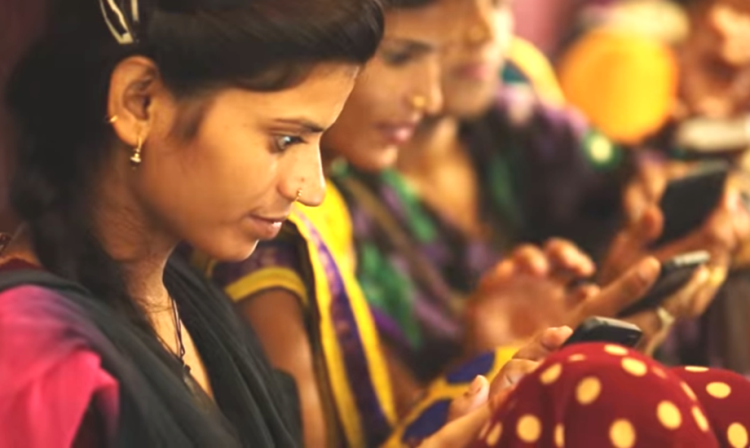Gender gap in internet access remains wide, says new Facebook survey
The Inclusive Internet Index reveals that, although, the world’s middle-income countries have continually improved their performance, however, lowest-income countries still lag far behind in connectivity growth.

- Country:
- United States
Even though more than half of the world’s population or 4.1 billion people are online, yet more than 3.5 billion people remain unconnected to the internet and its vast opportunities, a new study reveals.
According to the annual Inclusive Internet Index, commissioned by Facebook and produced by The Economist Intelligence Unit, Internet access is increasing globally, but vast disparities remain and the rate of uptake is slowing in the hardest-to-reach areas.
"The role the internet plays in the modern economy underscores the need to bring internet connectivity to those who live without it. However, the challenges that come with connecting the next 3.5 billion people are complex and will require a continued evolution of policy, technology, and business models," Robert Pepper, Head of Global Connectivity Policy and Planning at Facebook said in a blog post.
The index that benchmarks countries across four categories- Availability, Affordability, Relevance, and Readiness, this year, covers 100 countries representing 91 percent of the global population and 96 percent of global GDP. The key findings of the report are analyzed below.
- The report reveals that, although, the world’s middle-income countries have continually improved their performance, however, lowest-income countries still lag far behind in connectivity growth.
- Notably, Mobile connectivity has become more affordable and more accessible, particularly across low-income countries, indicating that operators have established viable business models to invest in bringing connectivity to traditionally underserved communities.
- Worryingly, the gender gap in internet access remains stubbornly high. Across the surveyed countries, men are 13 percent more likely than women to have access to the internet, and the gender gap is a remarkable 34.5 percent in low-income countries.
- Internet access is also expanding people’s financial independence. The widespread adoption of the internet has significantly brought down the proportion of people lacking access to financial services, more particularly in areas of the world where traditional banking infrastructure has long excluded marginalized populations.
- The Internet has improved career prospects and opened up more economic opportunities for people around the world.
"Every stakeholder has a role to play. While the tech industry plays a significant role in closing the digital divide, innovation in government policy can have an equally significant impact. Facebook is working with partners around the world to find new ways to bring fast, reliable internet to those without it," Pepper further added.
Well, in today's context, access to affordable internet is not a privilege but it's an essential tool that every individual need to survive and thrive in the hyper-connected world. Moreover, it can catalyze the process of developing a more inclusive global information society and promote convergence of living standards for all citizens if accessible to every section of the society.
ALSO READ
Updated fullscreen video player rolling out on Facebook iOS and Android app
An anonymous coder nearly hacked a big chunk of the internet. How worried should we be?
Kashi Vishwnath temple trust Facebook page hacked, retrieved; probe underway
Govt to connect 1.5 million households to internet by end of the year
Panel of journalists calls on Taliban to lift Facebook ban in Afghanistan










